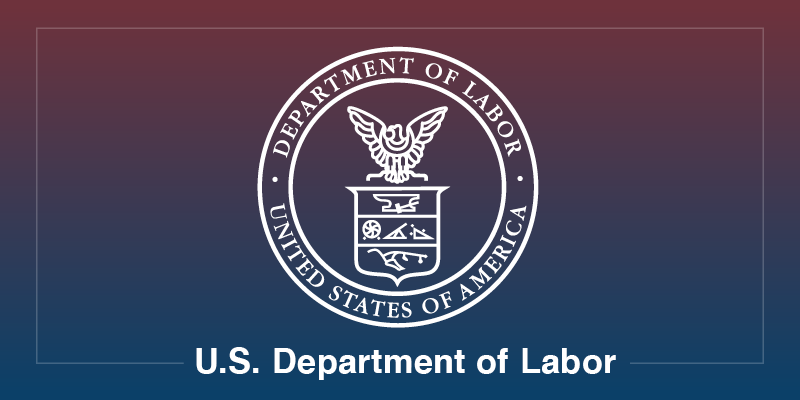Kunzler Bean & AdamsonEmployment Law / Law UpdatesEffective July 1, 2024: Salary Basis Threshold for FLSA Exempt Employees increases to $43,888 annually

Starting on July 1, 2024, the Department of Labor’s (DOL) final rule increasing the salary basis threshold for certain “white-collar exemptions” will go into effect. Starting on July 1, 2024, employees must earn at least $844 per week ($43,888 annually) in order to qualify under the FLSA’s exemption for Executive, Administrative, Professional, Outside Sales, and Computer Employees (each, commonly referred to a “white-collar exemption”). The threshold will increase again on January 1, 2025 to $58,656 annually. Finally, the threshold will increase again on July 1, 2027, and every three years thereafter to the 35th percentile of weekly earnings of full-time salaried workers in the US’s lowest-wage census reason.
In addition, as of July 1, 2024, the threshold for the highly compensated employee exemption will increase from $107,32 to $132,964 annually. Such threshold will also increase to $151,164 annually on January 1, 2025. Similar to the traditional white-collar exemption, such threshold will again increase on July 1, 2027, and every three years thereafter, but will be set at the 85th percentile of full-time salaried workers nationally.
In response to the proposed rule, employers should review the salaries of their employees who fall under the white-collar and highly compensated employee exemptions to determine if the increased thresholds will disqualify any such employee from either exemption. If a previously exempt employee no longer meets the new salary level test, employers should either re-classify the employee as non-exempt or consider increasing the employee’s salary so that it meets the new salary level threshold.
Finally, in addition to these salary-based requirements, employers should keep in mind that both the white-collar and highly compensated employee exemptions require that an exempt employee perform specific functions that qualify under the DOL’s “job duties” requirements. In reviewing the exempt status of employees, employers should also analyze the job functions of such employees to ensure that they meet the applicable job duties requirements.
If you have any questions about exempt or non-exempt FLSA classifications, or how the DOL’s new final rule may affect your organization, please contact your Kunzler, Bean & Adamson Attorneys.
In addition, as of July 1, 2024, the threshold for the highly compensated employee exemption will increase from $107,32 to $132,964 annually. Such threshold will also increase to $151,164 annually on January 1, 2025. Similar to the traditional white-collar exemption, such threshold will again increase on July 1, 2027, and every three years thereafter, but will be set at the 85th percentile of full-time salaried workers nationally.
In response to the proposed rule, employers should review the salaries of their employees who fall under the white-collar and highly compensated employee exemptions to determine if the increased thresholds will disqualify any such employee from either exemption. If a previously exempt employee no longer meets the new salary level test, employers should either re-classify the employee as non-exempt or consider increasing the employee’s salary so that it meets the new salary level threshold.
Finally, in addition to these salary-based requirements, employers should keep in mind that both the white-collar and highly compensated employee exemptions require that an exempt employee perform specific functions that qualify under the DOL’s “job duties” requirements. In reviewing the exempt status of employees, employers should also analyze the job functions of such employees to ensure that they meet the applicable job duties requirements.
If you have any questions about exempt or non-exempt FLSA classifications, or how the DOL’s new final rule may affect your organization, please contact your Kunzler, Bean & Adamson Attorneys.
next post
Effective July 1, 2024: California Workplace Violence Prevention Plan Requirement
previous post
